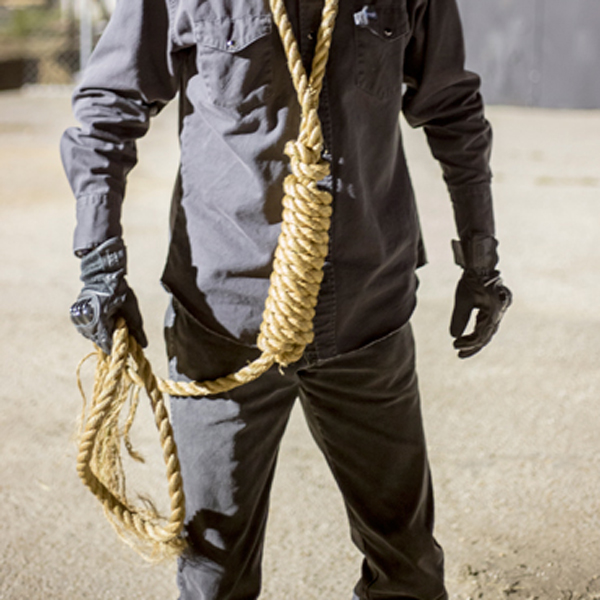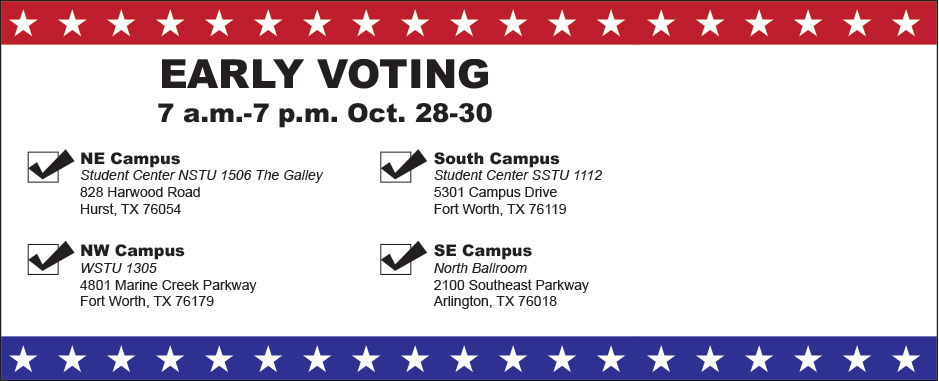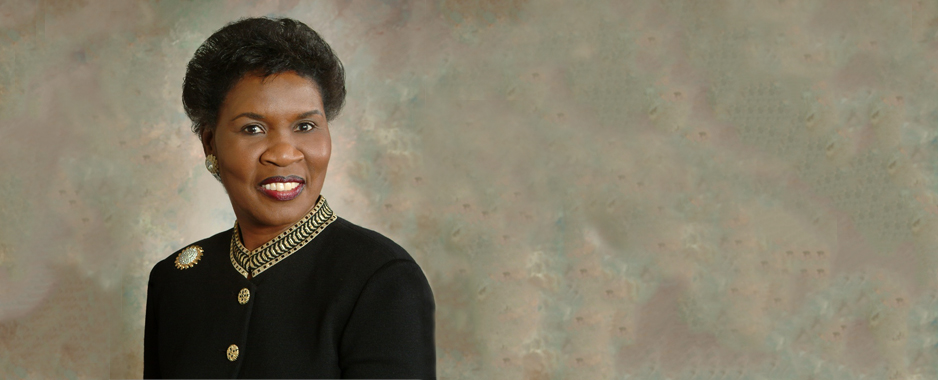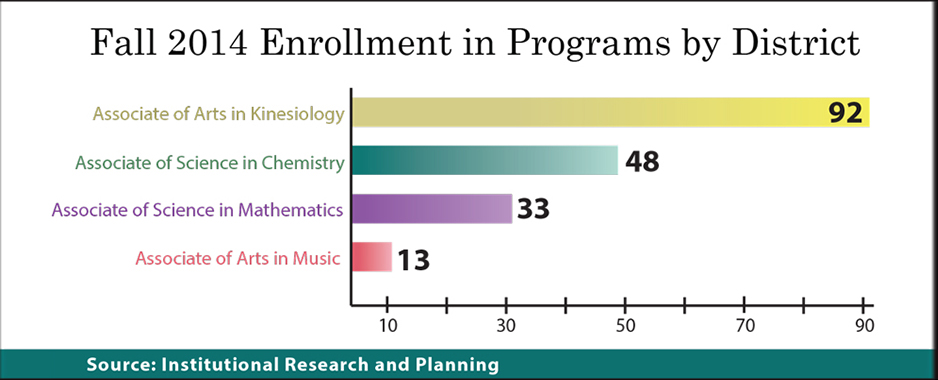By Linah Mohammad/reporter
Salma Sammour had a once-in-a-lifetime experience this month.
The SE continuing education student went to Mecca in Saudi Arabia earlier this month to participate in one of Islam’s two most important holidays, Eid al-Adha. Muslims must make the pilgrimage at least once during their lifetimes.
During this celebration, Muslims sacrifice sheep or cattle, distribute their meat to the poor and eat the rest with family and friends. They also participate in a pilgrimage called hajj, an annual journey to Islam’s most sacred place.
“It truly was an outstanding spiritual experience,” she said, “I wish that everybody would get the chance to experience it themselves.”
Eid al-Adha means “Feast of Sacrifice” and marks the willingness of the Prophet Ibrahim to sacrifice his son.
Eid traditions are hard to follow in the U.S. because many members of Muslim students’ families are not here, Sammour said. The holiday might also fall during the week, so working students may not get the day off.
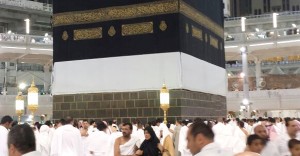
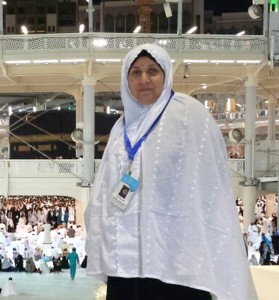
“I do not feel the joy of Eid here,” said Rana Mahmood, a student taking basic courses at TCC. “I miss celebrating Eid in Iraq,” her home country.
Even so, she practiced Eideyye — giving money to others on the day of Eid — to her nephews and neighbors.
This holiday begins on the 10th day of Dhul-Hijjah, the month of the annual hajj pilgrimage to the holy city of Mecca.
The Day of Arafa marks the beginning of the holidays for Muslims in Islamic countries.
“Eid preparations start on the Day of Arafa,” Maysoun Hassan, a SE dietetics student, said. “We start by baking mamoul (Eid cookies made with semolina) and brewing the Arabic coffee for the guests.”
Karam Khalil, a SE pre-med student, also celebrated Eid.
“My mom makes the mamoul,” he said. “I help her by eating them.”
The typical Eid day begins with the prayer at the mosque.
“You have to wear your best attire,” said SE students Annie and Kainat Quraishi. “We got dressed, and we went to the prayer.”
The best time to slaughter the cattle is after the prayer. “This Eid, we slaughtered a cow,” the Quraishis said.
Esa Elhage’s family also followed this practice.
“We slaughtered a sheep at a farm,” he said. “Then we went home and distributed it.”
Sometimes, several families will gather for the celebration.
“The Muslim community here books everybody a restaurant for breakfast and dinner,” Hassan said. “For breakfast, it’s usually La Madeleine. We announce it during the prayer.”
Orapi Ashour, a computers networks student on SE, enjoyed this celebration.
“Visiting my family is a vital part of my Eid,” he said. “That afternoon, my brothers and I start visiting our relatives’ houses, and this could possibly take more than one day.”
Hajj is one of the five pillars of Islam. The hajjis, the pilgrims who travel to Mecca, perform several sacred rituals that Muslims have practiced for more than a thousand years.
At TCC, Muslim students celebrated the holiday with a slightly American style.
“That afternoon, I went with my friends to Alley Cats,” Khalil said. “Then I had a barbecue with my friends. Later that day, we all went go-karting.”

























